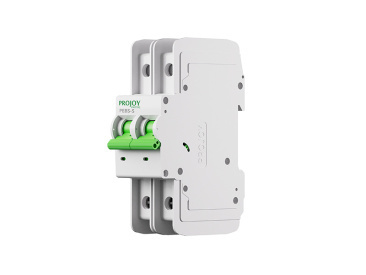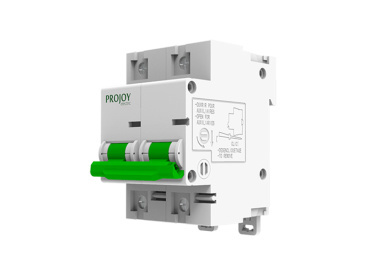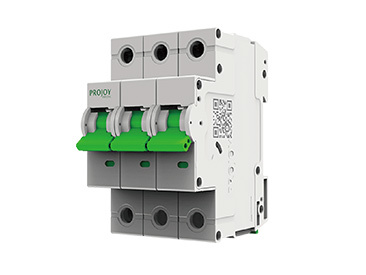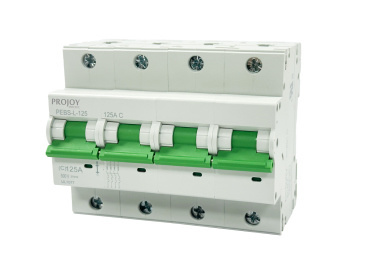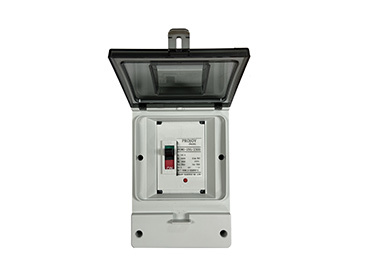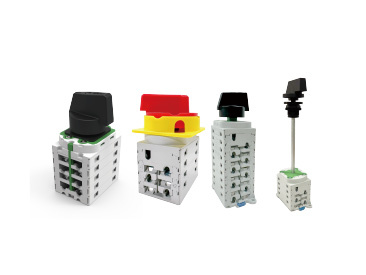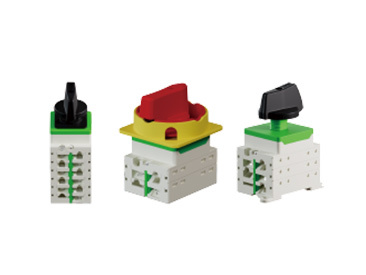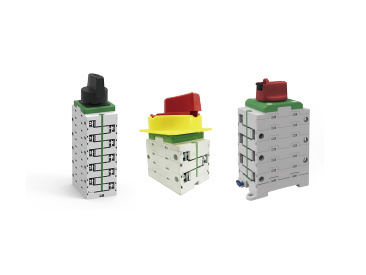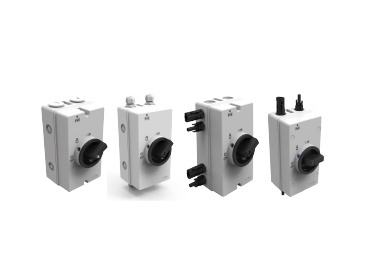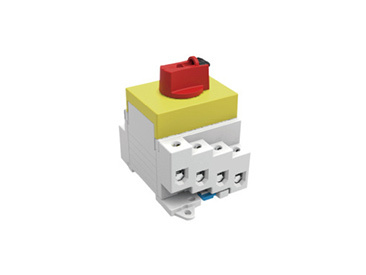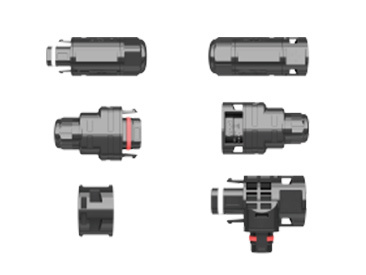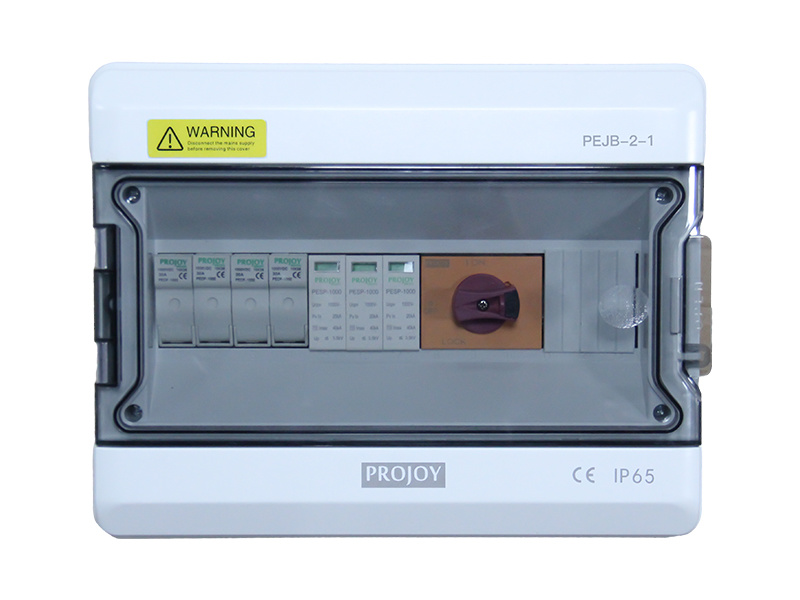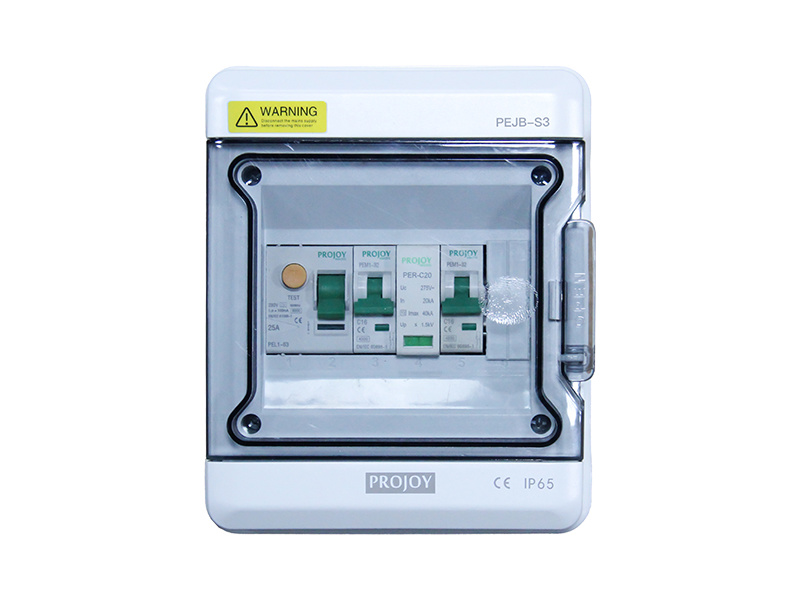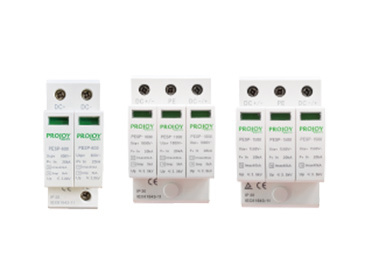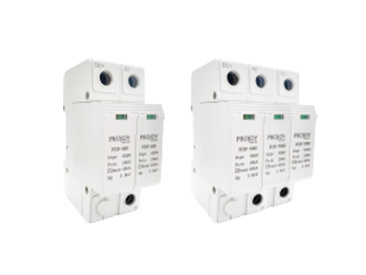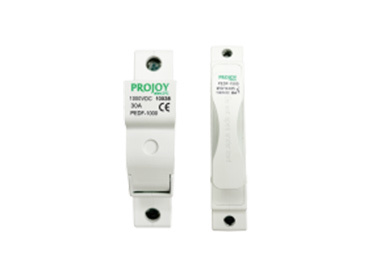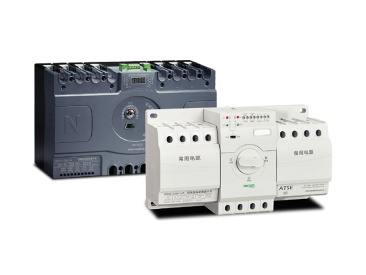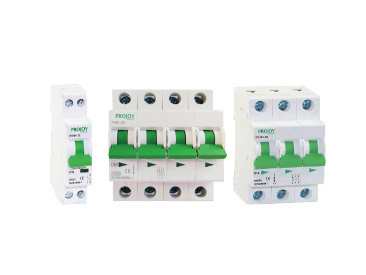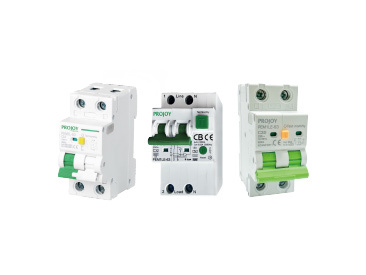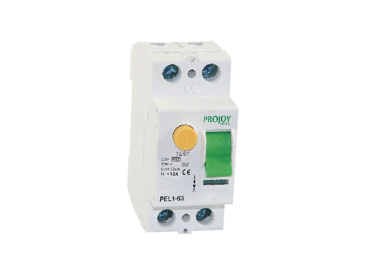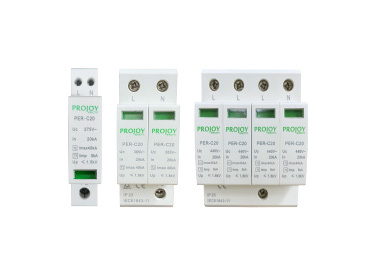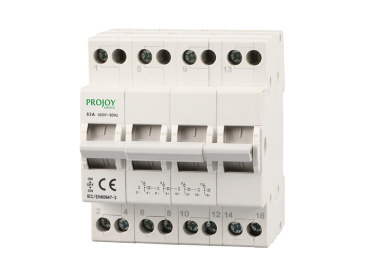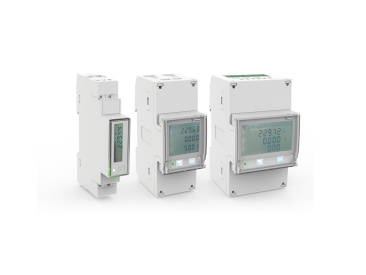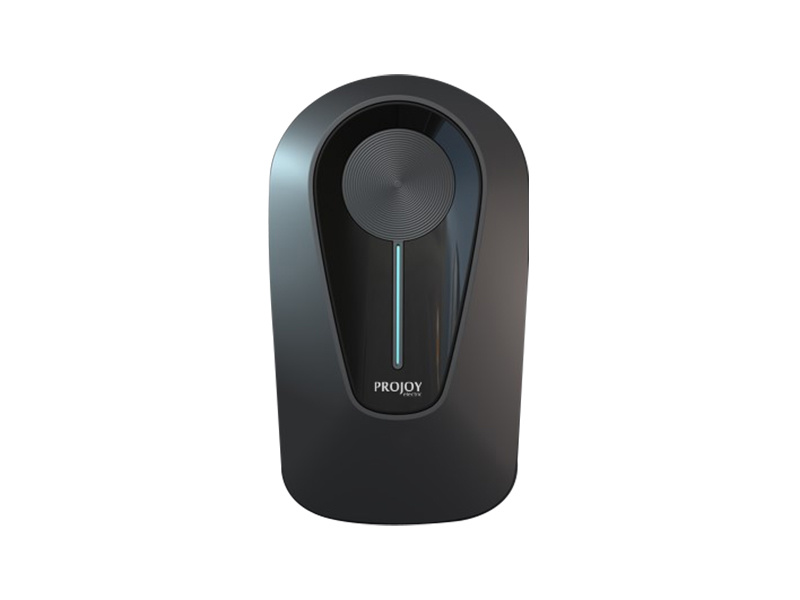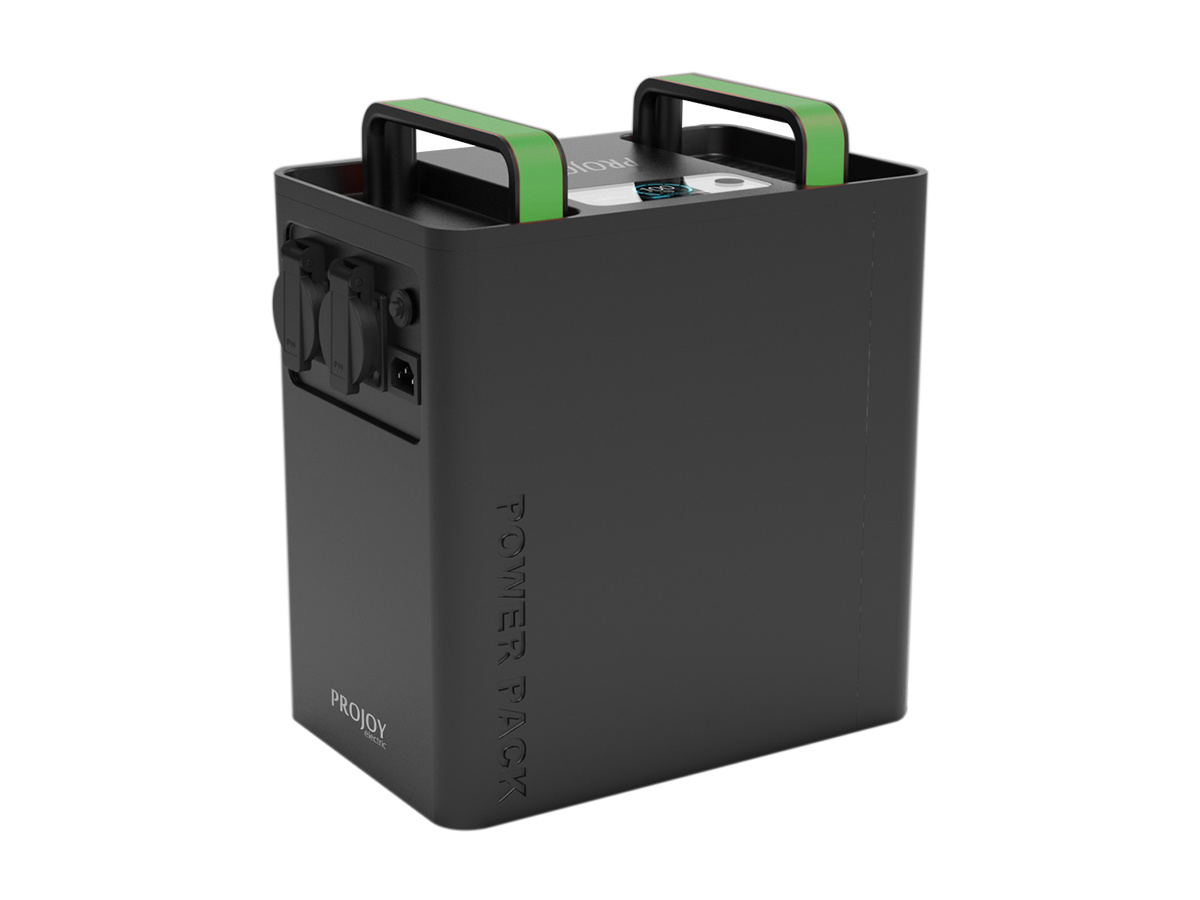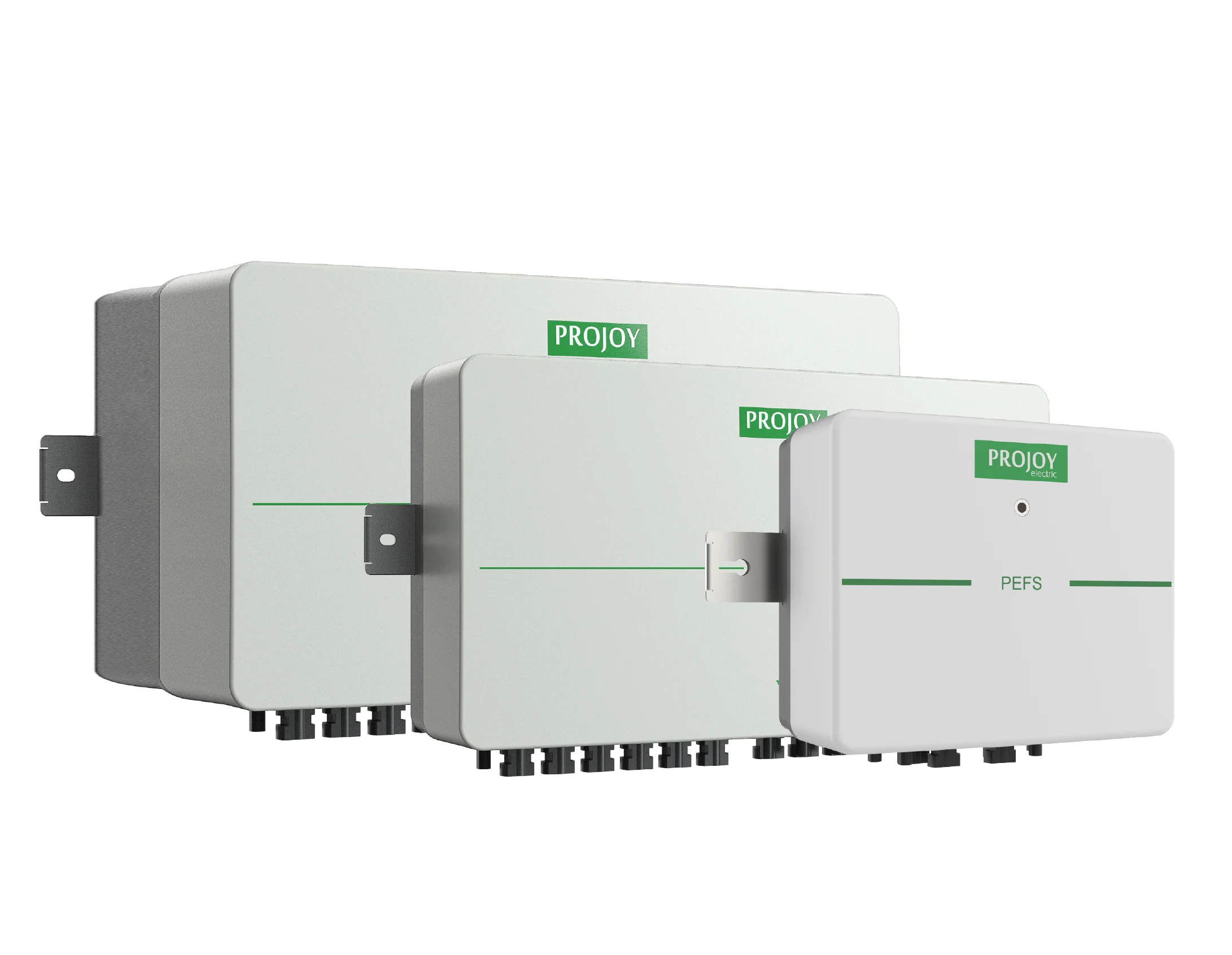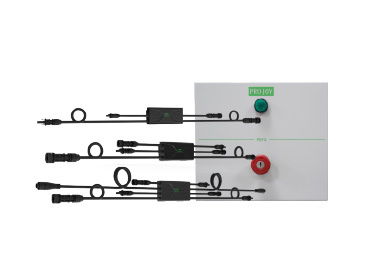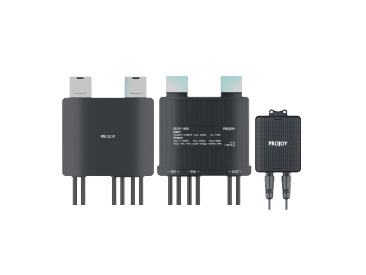The Comprehensive Guide to AC Connectors: Essential Insights for Professionals
AC connectors play a vital role in the electrical and electronic industries, serving as essential components for transmitting alternating current (AC) power. These connectors are designed to facilitate the safe and efficient connection of electrical devices to power sources. Understanding AC connectors is crucial for professionals involved in electrical installations, maintenance, and design.
One of the primary functions of AC connectors is to ensure a reliable connection between power sources and electrical equipment. They come in various shapes and sizes, each tailored for specific applications. The most common types include plug and socket connectors, which allow for easy disconnection and reconnection of devices. This feature is particularly useful in environments where equipment needs to be frequently moved or replaced.
AC connectors are also engineered with safety in mind. Many designs incorporate features such as locking mechanisms, which prevent accidental disconnection, and strain relief to minimize wear and tear on the cable connections. In addition, these connectors are typically constructed from durable materials that can withstand environmental stresses, making them suitable for both indoor and outdoor applications.
When selecting AC connectors, professionals should consider several factors, including voltage and current ratings, environmental conditions, and the specific needs of the application. For instance, connectors used in industrial settings may require additional features such as weatherproofing or resistance to chemicals, while connectors for residential use might prioritize ease of installation.
In terms of standards and regulations, AC connectors must comply with industry-specific guidelines to ensure safety and performance. Organizations such as the International Electrotechnical Commission (IEC) and Underwriters Laboratories (UL) set forth standards that manufacturers must adhere to, guaranteeing that their products meet rigorous safety and reliability criteria.
Another important aspect to consider is the ongoing evolution of AC connector technology. As the demand for more efficient and sustainable energy solutions grows, innovations in connector design and materials are emerging. For example, advancements in smart connectors enable better energy management and monitoring, contributing to more efficient power usage in various applications.
In conclusion, AC connectors are integral to the functioning of electrical systems, providing safe and reliable connections for a wide range of devices. Professionals in the electrical and electronic fields must stay informed about the latest developments in connector technology, safety standards, and application requirements to ensure optimal performance and safety in their projects. Understanding the features and functionalities of AC connectors will ultimately lead to better decision-making when it comes to installation and maintenance, paving the way for enhanced efficiency and reliability in electrical connections.
One of the primary functions of AC connectors is to ensure a reliable connection between power sources and electrical equipment. They come in various shapes and sizes, each tailored for specific applications. The most common types include plug and socket connectors, which allow for easy disconnection and reconnection of devices. This feature is particularly useful in environments where equipment needs to be frequently moved or replaced.
AC connectors are also engineered with safety in mind. Many designs incorporate features such as locking mechanisms, which prevent accidental disconnection, and strain relief to minimize wear and tear on the cable connections. In addition, these connectors are typically constructed from durable materials that can withstand environmental stresses, making them suitable for both indoor and outdoor applications.
When selecting AC connectors, professionals should consider several factors, including voltage and current ratings, environmental conditions, and the specific needs of the application. For instance, connectors used in industrial settings may require additional features such as weatherproofing or resistance to chemicals, while connectors for residential use might prioritize ease of installation.
In terms of standards and regulations, AC connectors must comply with industry-specific guidelines to ensure safety and performance. Organizations such as the International Electrotechnical Commission (IEC) and Underwriters Laboratories (UL) set forth standards that manufacturers must adhere to, guaranteeing that their products meet rigorous safety and reliability criteria.
Another important aspect to consider is the ongoing evolution of AC connector technology. As the demand for more efficient and sustainable energy solutions grows, innovations in connector design and materials are emerging. For example, advancements in smart connectors enable better energy management and monitoring, contributing to more efficient power usage in various applications.
In conclusion, AC connectors are integral to the functioning of electrical systems, providing safe and reliable connections for a wide range of devices. Professionals in the electrical and electronic fields must stay informed about the latest developments in connector technology, safety standards, and application requirements to ensure optimal performance and safety in their projects. Understanding the features and functionalities of AC connectors will ultimately lead to better decision-making when it comes to installation and maintenance, paving the way for enhanced efficiency and reliability in electrical connections.
More News
Aug 05,2025
Product Selection Guide: PROJOY PEBS Series Miniature Circuit Breaker
PROJOY Electric has a full range of DC circuit breaker products, including miniature circuit breakers (MCBs) and molded case circuit breakers (MCCBs). According to different application scenarios and requirements, they are divided into high-voltage, low-voltage and waterproof box versions.
View Detail
Mar 13,2025
PV Combiner Box: A Vital Component in Solar Power Systems
Solar energy systems rely on a network of components to efficiently convert sunlight into usable electricity. One critical yet often overlooked device in this chain is the photovoltaic (PV) combiner box. This article explains what a PV combiner box does, how it works, and why it is essential for both safety and performance in solar installations.
View Detail

